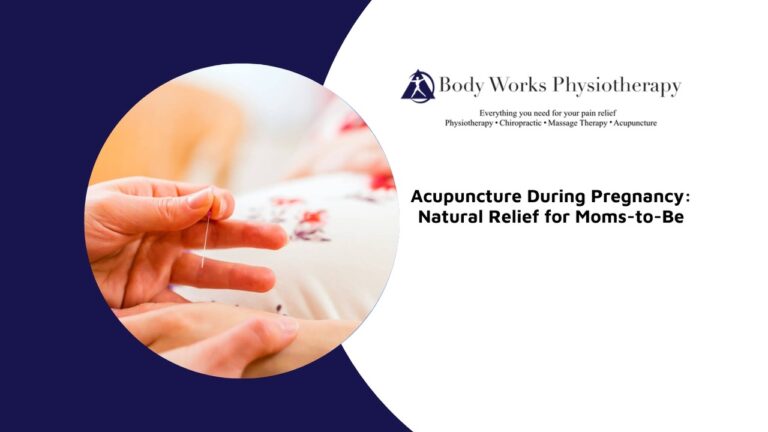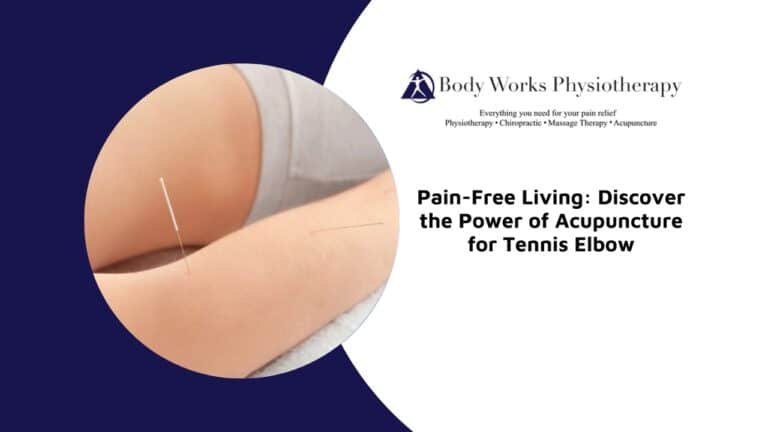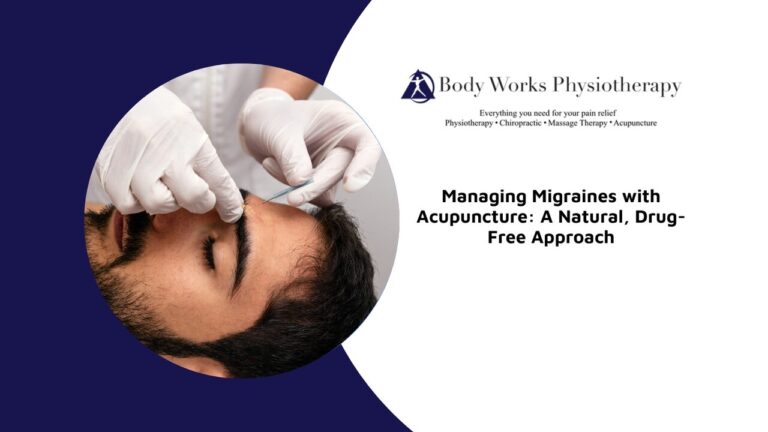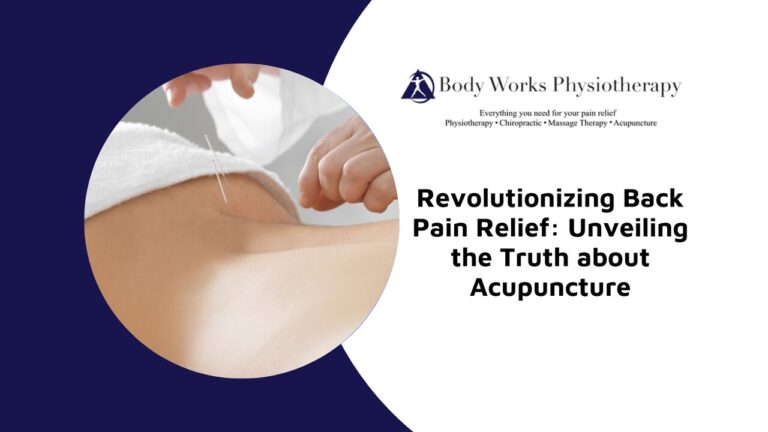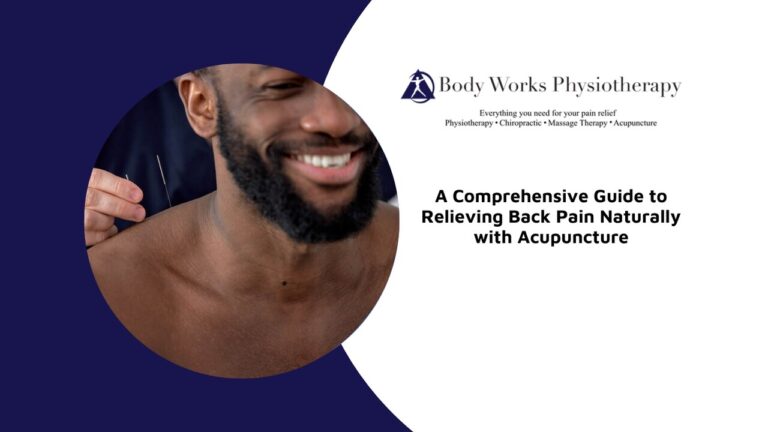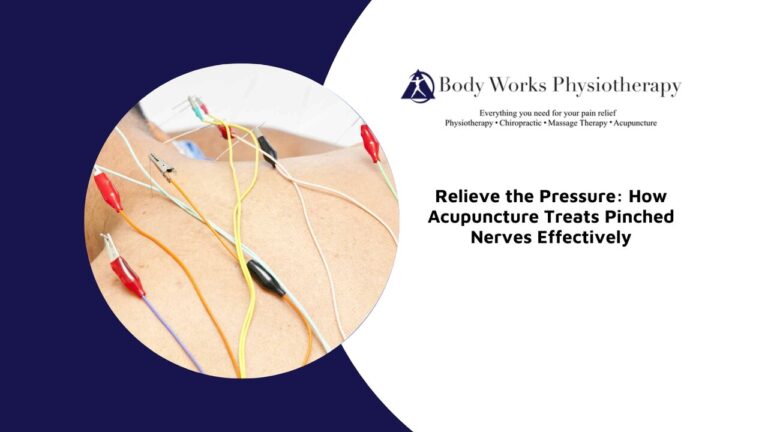
Frozen shoulder can severely limit your shoulder’s mobility, making even simple tasks like reaching or lifting difficult. Acupuncture offers a natural, drug-free approach to managing frozen shoulder by targeting pain, stiffness, and inflammation. This blog explores how acupuncture supports recovery, improves mobility, and helps individuals reclaim their daily activities.
What is Frozen Shoulder?
Frozen shoulder, or adhesive capsulitis, is a condition that causes pain, stiffness, and limited mobility in the shoulder joint. It occurs when the connective tissues surrounding the shoulder, known as the shoulder capsule, become thickened and inflamed, often leading to scar tissue formation and further restriction of movement.
The condition progresses through three stages: the freezing stage, marked by increasing pain and reduced mobility; the frozen stage, where stiffness is most severe; and the thawing stage, during which movement gradually improves. Frozen shoulder can develop over months and may last up to two years if untreated.
It is more common in individuals recovering from shoulder injuries or surgeries and those with conditions like diabetes or thyroid disorders. Early treatment, such as acupuncture or physiotherapy, can significantly reduce symptoms and improve shoulder function.
Benefits of Acupuncture for Frozen Shoulder
Acupuncture helps treat frozen shoulder by stimulating the body’s natural healing processes. The benefits include:
- Increases Blood Flow: Acupuncture improves circulation around the shoulder joint, ensuring that oxygen and nutrient-rich blood reaches the affected tissues. This enhanced blood flow promotes healing, reduces stiffness, and accelerates recovery. Improved circulation can also help remove waste products and toxins from inflamed areas, reducing swelling.
- Reduces Inflammation: By stimulating the release of anti-inflammatory chemicals, acupuncture helps control swelling and irritation in the shoulder joint. This reduction in inflammation decreases pressure on surrounding tissues, easing pain and allowing for greater mobility.
- Releases Endorphins: Acupuncture triggers the release of endorphins, the body’s natural pain-relieving hormones. These endorphins not only help reduce the perception of pain but also promote relaxation and enhance mood, making it easier to cope with the condition.
- Relaxes Tight Muscles: Targeting specific acupuncture points helps loosen tight muscles around the shoulder and surrounding areas. This relaxation reduces the tension contributing to pain and stiffness while promoting a more balanced flow of energy throughout the body. Improved energy flow can enhance the body’s overall healing process.
- Reduced Stiffness: By relaxing muscles, reducing inflammation, and increasing joint lubrication, acupuncture promotes a greater range of motion.
- Promotes Holistic Healing: Acupuncture not only targets physical symptoms but also supports overall well-being by addressing stress, anxiety, and fatigue associated with chronic pain.
Acupuncture Points Used to Relieve Frozen Shoulder Pain
Key acupuncture points for frozen shoulder include Jianyu (LI 15) and Jianjing (GB 21), located near the shoulder, as well as points like Hegu (LI 4) and Zusanli (ST 36), which enhance circulation and reduce inflammation. A skilled practitioner may also target meridian pathways to improve energy flow and promote overall healing.
How Many Acupuncture Sessions Are Needed to Address Frozen Shoulder Symptoms?
The number of sessions required varies, but most people see noticeable improvements after 4 to 6 sessions. For chronic or severe cases, a longer course of 8 to 12 treatments may be needed.
In some cases, individuals with complex conditions may require maintenance sessions beyond the initial course of treatment. These ongoing treatments help sustain progress, prevent symptom recurrence, and further enhance shoulder flexibility and function.
Regular assessments by the practitioner play a crucial role in ensuring the treatment plan remains effective. During these evaluations, the practitioner monitors changes in pain levels, mobility, and overall functionality, adjusting the techniques or frequency of sessions as needed. The ability to customize the treatment plan ensures that each client receives care tailored to their unique needs, maximizing the benefits of acupuncture.
Acupuncture Sessions for Frozen Shoulder: What to Expect
Acupuncture sessions for frozen shoulder are tailored to your specific symptoms and focus on relieving pain and restoring mobility.
- Initial Assessment: During your first session, the practitioner will discuss your medical history, symptoms, and any previous treatments. They will perform a physical evaluation of your shoulder to identify areas of pain and tension, creating a personalized treatment plan based on your needs.
- Needle Insertion: The practitioner will insert thin, sterile needles into targeted acupuncture points near the shoulder, and other points that promote circulation and energy flow. The needles are strategically placed to address both local pain and systemic issues that may be contributing to the condition.
- Expectations for Pain: The insertion process is typically painless, with many people reporting only a mild tingling or warming sensation. Some may feel a slight ache or pressure as the needle interacts with underlying tissues, which is a sign that the treatment is working.
- Duration: Each session typically lasts between 30 to 60 minutes, during which the needles remain in place. The practitioner may gently manipulate the needles or use additional techniques to enhance the effects. While some individuals experience immediate relief, most report gradual improvements over several sessions.
- Aftercare: Following the session, you may feel a sense of relaxation or mild fatigue. Some people experience temporary soreness at the needle sites, but this usually subsides quickly. Your healthcare provider may provide recommendations for stretches or lifestyle changes to complement the treatment.
Is Acupuncture for Frozen Shoulder Safe: Potential Risks or Side Effects
Acupuncture is generally considered a safe and effective treatment for frozen shoulder when performed by a licensed practitioner. It offers a drug-free option to manage pain and stiffness, with many individuals reporting significant improvements without adverse effects. It is generally a low-risk treatment, but there are minor side effects and rare complications, including:
- Slight Bruising: Mild bruising at needle insertion sites is rare but possible. It typically resolves on its own within a few days without requiring additional care.
- Soreness: Some individuals may feel slight soreness in the treated areas, especially after the first few sessions. This is a normal response as the body adjusts to the therapy.
- Fatigue: People occasionally report feeling tired or relaxed after a session, which is often seen as a positive side effect, reflecting the calming effects of acupuncture.
- Rare Complications: Serious complications, such as infections or nerve damage, are extremely rare when acupuncture is performed by a licensed practitioner following proper hygiene and safety protocols. Always ensure your healthcare provider uses sterile, single-use needles and adheres to professional standards.
- Suitability Concerns: While acupuncture is generally safe, individuals with bleeding disorders, pacemakers, or certain medical conditions should consult their healthcare provider before starting treatment. Your healthcare provider will screen for any contraindications during the initial assessment to ensure the treatment is appropriate for you.
Acupuncture offers a low-risk and highly effective approach to managing frozen shoulder, making it a valuable option for people seeking relief from pain and stiffness without relying on medication.
Enhanced Shoulder Mobility and Pain Relief
If frozen shoulder pain and stiffness are holding you back, acupuncture offers a proven, natural way to regain mobility and reduce discomfort. By addressing both the physical and energetic imbalances causing frozen shoulder, acupuncture can support your recovery and enhance your quality of life.
At Body Works Physiotherapy in Scarborough, our practitioners are here to guide you on your journey to pain relief and improved mobility. Schedule your appointment today and take the first step toward a healthier, more active you!

